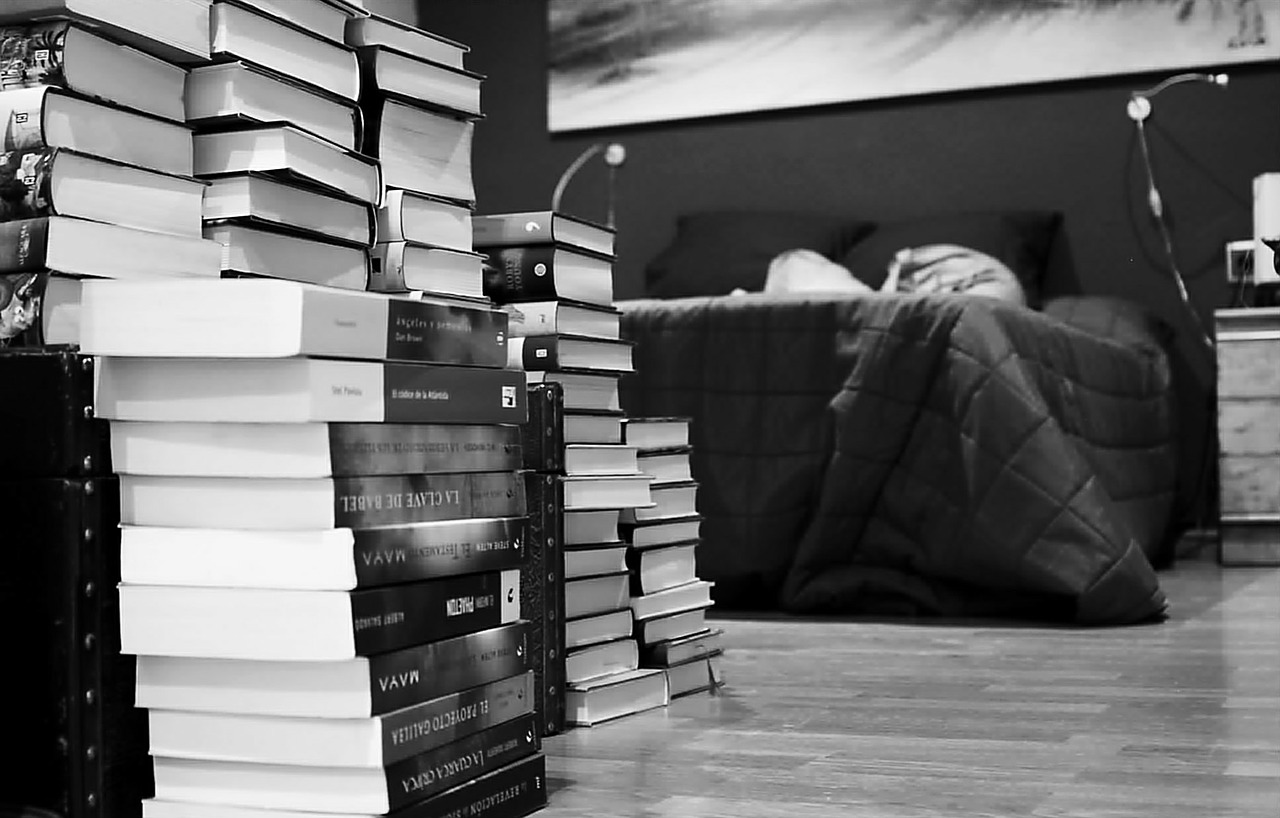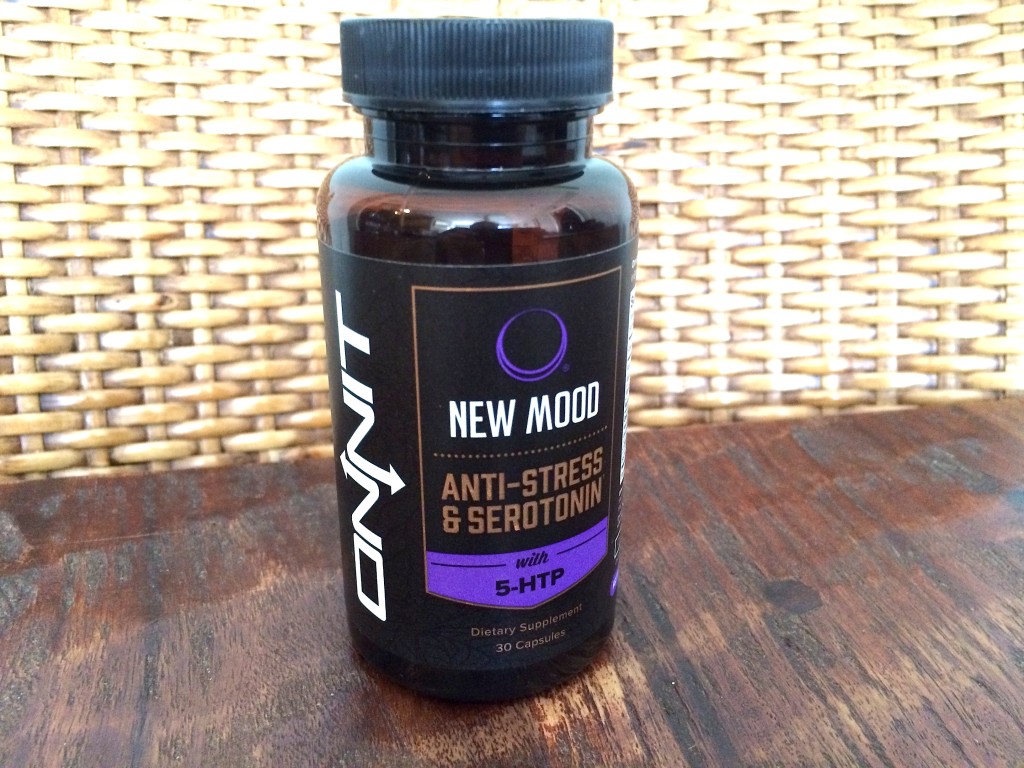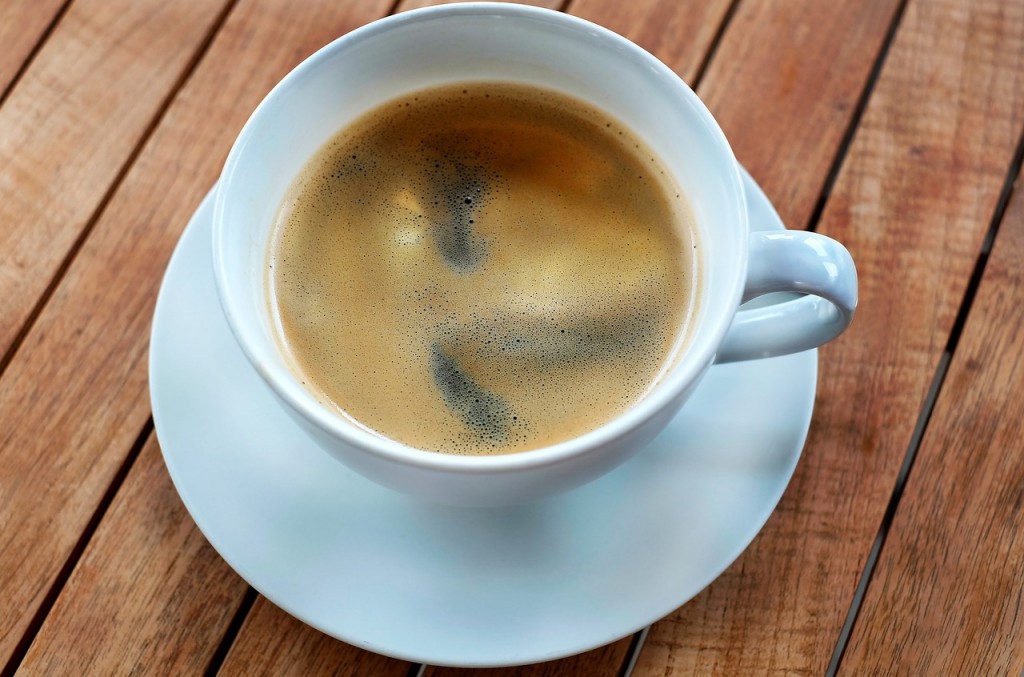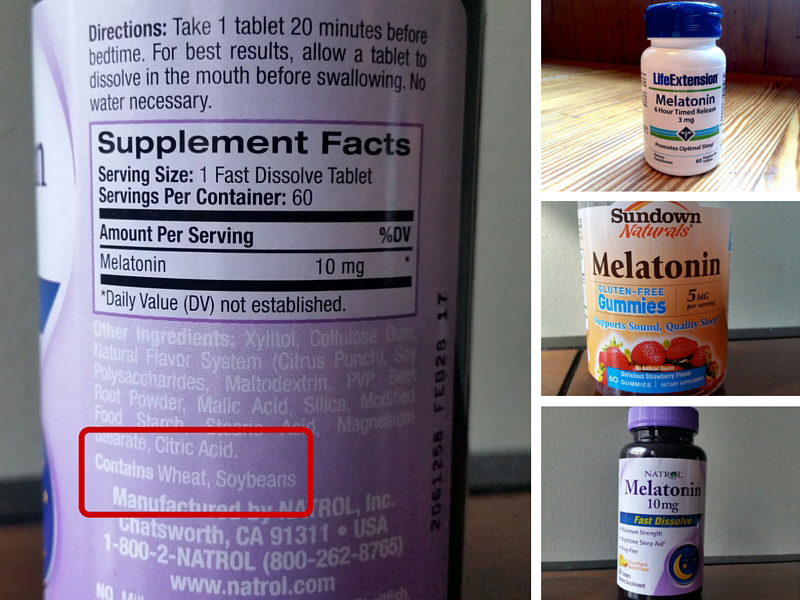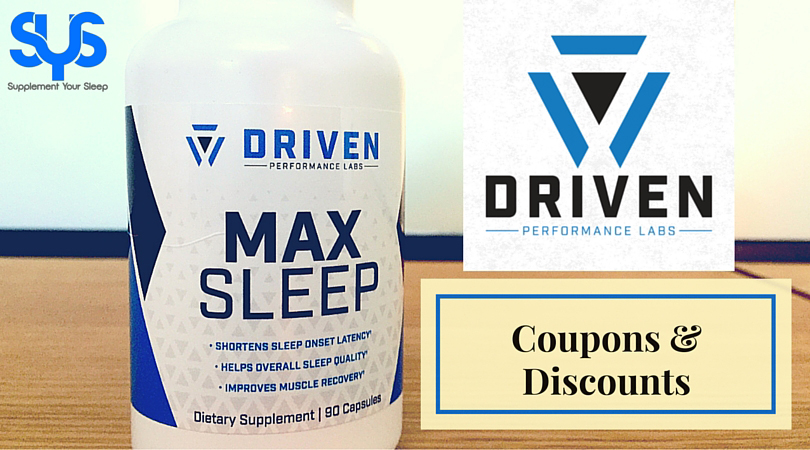Welcome to WordPress. This is your first post. Edit or delete it, then start blogging!
Supplement Your Sleep
Tuesday, June 21, 2016
Monday, April 25, 2016
How Much Sleep Do Athletes Need?
NBA superstar (now retired, I do pay attention to sports) and two-time MVP Steve Nash was famous for keeping a sleep journal. Michael Phelps — the most decorated Olympian of all time — slumbers in a special sleep chamber. These athletes are (or were, in their prime) among the best in the world, and they focused on sleep in order to ensure their bodies and minds were just THAT much better than the competition. Sleep is important for athletes, and we’re just beginning to understand why in new and exciting ways.
Sleep and the Athletic Body
There’s a whole lot we DON’T understand about sleep, and the relative lack of research on the subject is shocking considering that it’s an integral part of the human condition. There’s some research that suggests humans release more natural growth hormone when well rested, and sleep is also vital to nervous system recovery (often an underlooked part of athletic recovery). I can say anecdotally — and literally every athlete I’ve ever talked to about the subject will back me up here — that more sleep equals better performance. More specific performance indicators like strength output and reaction time are closely tied to adequate sleep.
Athletes and Sleep Supplements
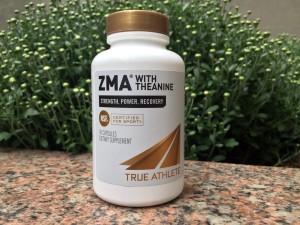 Some of my favorite — and the world’s most popular — sleep supplements were formulated specifically for athletes. For example, Driven Performance Labs’ Max Sleep is a personal favorite that’s very popular in the CrossFit and weightlifting crowds. It’s actually based around the general ZMA formula, a combination of zinc, magnesium, b vitamins, and (sometimes) l-theanine that was originally developed to aid athletic recovery. (Read my full review an in-depth thoughts on ZMA here.)
Some of my favorite — and the world’s most popular — sleep supplements were formulated specifically for athletes. For example, Driven Performance Labs’ Max Sleep is a personal favorite that’s very popular in the CrossFit and weightlifting crowds. It’s actually based around the general ZMA formula, a combination of zinc, magnesium, b vitamins, and (sometimes) l-theanine that was originally developed to aid athletic recovery. (Read my full review an in-depth thoughts on ZMA here.)
While the research behind ZMA suggests it may not actually aid muscular recovery on its own, athletes do feel better recovered when taking it. Why? Because the combo of ingredients aids sleep, and better sleep does lead to great muscular and neuromuscular recovery. If an athlete has less trouble sleeping, they’re going to enjoy more restorative rest and likely perform better on the playing field.
Athletes and Sleep Duration
So how much sleep do athletes really need? The answer is a frustrating “it depends.” But it’s probably safe to say the greater the physical demands of a body, the more sleep it will need to get back to baseline (or improve, in the case of muscle growth and protein synthesis). Athletes should aim for AT LEAST eight hours of deep, uninterrupted sleep per night, but nine or 10 hours is on the safer side. Any less, and you’re risking less-than-optimal recovery — which can mitigate your gains on the playing field and in the gym.
The post How Much Sleep Do Athletes Need? appeared first on Supplement Your Sleep.
Wednesday, April 6, 2016
Arianna Huffington Writes on The Sleep Revolution, Asks All Americans to Prioritize Rest
Is the “Sleep Revolution” coming our way? According to one of America’s most famous media moguls, the answer is a resounding “yes.” Huffington Post founder Arianna Huffington has a new book coming out — called, fittingly, The Sleep Revolution — and she’s been on the press circuit to promote it as her next crusade. When it comes to sharing awareness of sleep’s importance, I’m normally a fan.
Forbes has a solid interview with Huffington, where she shares some of her most pressing and effective tips for prioritizing shuteye. These include:
- Treat it as a ritual — Sleep is sacred and necessary, so treat it as such. That means ALWAYS making time for it and chosing to sacrifice time doing other things in order to get a full night of restful slumber. This can be the most difficult — and effective — sleep tip to institute, and one it’s taken me over a year to really nail down in my personal life.
- Make it a point to disconnect from electronic devices — I’ve definitely covered this before, but to reiterate, NO PHONES OR LAPTOPS IN BED. Using electronics in your sleeping space conditions your body to expect stimulation where you normally sleep, which can negatively impact your long-term ability to get rest in a familiar, comfortable place where you’ll be spending nearly a third of your life.
- In fact, don’t even have electronic devices/smartphones in the bedroom — The best way to avoid electronics in bed is to exile them from the bedroom. Don’t use your phone as an alarm clock, and don’t even charge it near the bed. Remove temptation as much as possible.
- You probably aren’t a “short sleeper” — Huffington claims less than 1% of the population has the genetic mutation to get by on less than eight hours with no negative consequences.
- The Sleep Revolution is coming, and companies play a major role — Companies and workplaces will play an important role in encouraging employees to prioritize sleep (aka not sending emails from bed).
- Avoid caffeine after 2pm — Simple as that. The further from bedtime I take caffeine, the better my sleep (generally).
What are your favorite sleep tips I haven’t covered? Let me know in the comments below!
The post Arianna Huffington Writes on The Sleep Revolution, Asks All Americans to Prioritize Rest appeared first on Supplement Your Sleep.
Monday, March 28, 2016
The Best Sleep Supplements to Deal with All Nighters
If you’ve ever had to pull an all-nighter, you know that sometimes the hardest part is the day after. Whether you drink coffee, or take other stimulants to stay up through the night, the consequences of a sleepless night are dire.
Because you are overriding your body’s hormonal signal to go to sleep, a number of of other hormones see that as an opportunity to act out. Cortisol is usually released while you sleep to help you get ready for any stressful situations that may come up the following day. When you skip sleep, the body releases extra cortisol, that could make you feel anxious, jittery, and depressed. Ghrelin, the hormone responsible for signaling hunger, also goes into overproduction mode with anything less than 6 hours of sleep. So in additional to feeling cranky, you are also constantly hungry.
To add insult to injury, studies show that some memories are sleep-dependent; this means that you may have a hard time remembering whatever information you stayed up working on, simply because you didn’t sleep on it.
While I do my best to avoid all-nighters, sometimes they just happen. To help me get through the following day, I stack a number of supplements, in an effort to try and minimize the damage.
5:00 AM – Recovery Nap
No matter what is going on, I try to give myself at least 45 minutes for a recovery nap before facing the day. I put on a sleep mask, and set my Power Nap app to Recovery, meaning it will wake me up just before I fall into deep sleep.
Once I wake up, I take one pill of Onnit’s New Mood with a cup of coffee. This supplement is designed to boost serotonin, a neurotransmitter connected to happiness and positive outlook. I feel like this helps me stave off the mood swings often associated with sleep deprivation.
10:00 AM Stack 2
At around 10 or so, I have another cup of coffee or matcha tea, and two of Onnit’s Alpha Brain or a packet of Alpha Brain Instant, and some eggs.
3:00 PM Stack 3
I usually reach for another half dose (one pill) of New Mood, especially if the crankiness is starting to set in.
8:00 PM Stack 4
I try to get to bed as early as possible after an all-nighter. At around eight, I take either Twilune or YAWN, to help me get to sleep quickly.
How do you handle all nighters? DO you have any tips or tricks that help you get through the day after?
The post The Best Sleep Supplements to Deal with All Nighters appeared first on Supplement Your Sleep.
Thursday, March 17, 2016
When Is the Best Time to Drink Coffee? Not When Most People Do
As much as I work to prioritize good sleep habits, I can still use a boost getting up and awake in the morning. That’s why I’ve tested over 50 sleep supplements in the past couple of years. And, yes, I drink coffee, sometimes a bit TOO much coffee, to help me get going after bed. But I’m probably drinking coffee at the wrong time, along with most other people. It turns out, the best time to get a caffeine boost ISN’T first thing after waking up, or even with breakfast.
Check out the video below for a cool explanation of why exactly this is so:
The lesson, according to research, may be to time coffee/caffeine intake around hormone peaks and cycles in the body. For a lot of people, this will probably mean drinking coffee between 10am and noon, and/or between 2pm and 5pm.
The first time frame will probably correspond to a quick work break after the day is already rolling. The second is exactly in that post-lunch afternoon slump people dread, though I find a good night’s sleep helps me fight that off pretty effectively.
I’ve been pushing back my morning cup of Joe from 8am until about 9:30am, though I haven’t made the transition to the above time period just yet (though my goal is to, I still can’t hold out quite long enough). Overall, I’ve found my coffee “boost” actually seems to last a little bit longer when I drink coffee gradually later in the morning, powering me through until after lunch and well into the afternoon. After watching the video above, I think I now know why!
It’s worth noting that from my personal experience, it helps to cut off coffee at 5pm or even earlier if I want to get a good night’s sleep.
What’s your morning routine? Do you vary when you drink coffee? Share your experiences in the comments below!
The post When Is the Best Time to Drink Coffee? Not When Most People Do appeared first on Supplement Your Sleep.
Friday, March 11, 2016
Does Your Melatonin Supplement Contain Gluten?
It’s not until you go gluten free that you realize how sneaky gluten can be. It’s common for supplements and other over-the-counter medications to contain fillers, and while some companies do use low-allergenic fillers like rice, others rely on soy and wheat as their main filler. High-allergenic fillers are one of the main reasons I’ve chosen to list the additional ingredients for every supplement review on the site. This is especially common, at least in my experience, in melatonin supplements.
Melatonin is one of the most recommended supplements for those with sleep issues, and many of the melatonin, or melatonin-containing supplements I’ve come across, contain gluten. Gluten is a protein found in wheat, barley, rye, and other grains; in some people, it can cause an inflammatory reaction—which can include severe gastrointestinal symptoms. This includes people diagnosed with Celiac Disease, a gluten intolerance. Not everyone is gluten intolerant, obviously, but I have several friends who need to be careful about avoiding it in their diet due to doctor recommendations.
There have been some studies linking sleep disturbances to inflammatory autoimmune diseases, and a study by Psychology Today identified a direct relationship between gluten intolerance and sleep disturbances leading to anxiety, depression, and fatigue. The study also noted that while those with Celiac were more likely to suffer from sleep disorders, anxiety, and depression.
In short, if you have gone gluten free, for health reasons or because you have been diagnosed with a sensitivity, make sure you take a close look at the labels on your sleep supplements. For example, Natrol’s Fast Dissolve Melatonin contains gluten and lists it on the label; read my full review and see for yourself here. Unless the label explicitly declares the product to be certified gluten free, there is a chance you could be unknowingly ingesting gluten.
 For my friends with gluten sensitivity, I generally suggest sticking to something like ZMA, where I haven’t heard of an issue with gluten exposure for people with a sensitivity — but even then, make sure to check the label before buying.
For my friends with gluten sensitivity, I generally suggest sticking to something like ZMA, where I haven’t heard of an issue with gluten exposure for people with a sensitivity — but even then, make sure to check the label before buying.
The post Does Your Melatonin Supplement Contain Gluten? appeared first on Supplement Your Sleep.
Wednesday, March 9, 2016
Driven Performance Labs and Max Sleep Coupons
Max Sleep is a sleep supplement from Driven Performance Labs, formerly known as Dynamic Nutrition. They’re a nutrition consulting company that also produces a range of supplements made for athletes — usually CrossFitters, weightlifters, and bodybuilders — but I’ve found their Max Sleep product to be useful for most people. It’s got a robust ingredient list that helps me get some of the deepest sleep I’ve ever found from using sleep supplements. Read my full review of Max Sleep here. I’ve also talked about why CrossFitters love this particular product here.
Driven Performance Labs Coupons and Discounts
The company offers occasional discounts, but the largest we’ve seen is 20% off your order. We have an exclusive discount code for just that; use SYS20 at checkout, and you’ll get 20% off your entire order on their online store.
This code is exclusive to Supplement Your Sleep, and it has no set expiration date or user maximum. You can use it more than once, and as long as this article is up, it should be active on their full range of supplements and apparel.
Other Discounts or Ways to Save
We’ll update this page as Driven Performance Labs releases more coupons and/or discounts for holidays, special events, and new product releases.
The post Driven Performance Labs and Max Sleep Coupons appeared first on Supplement Your Sleep.
